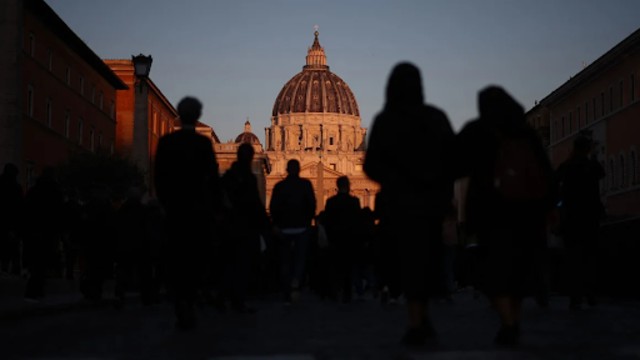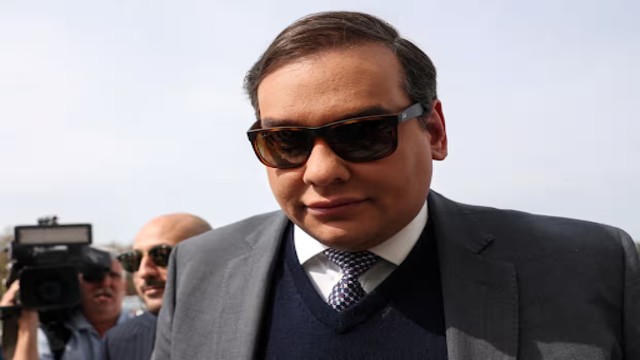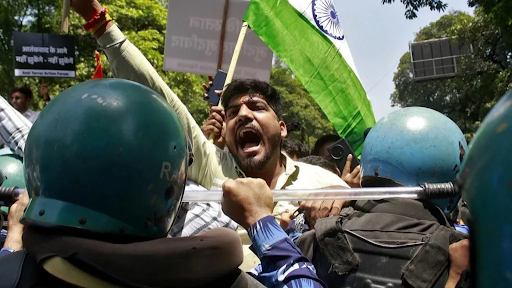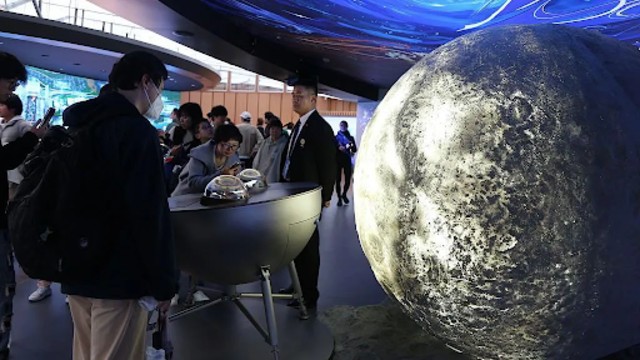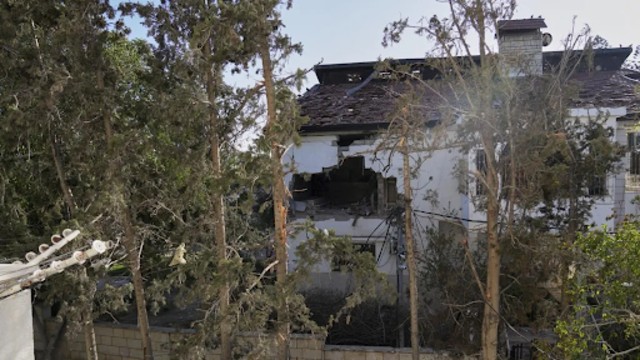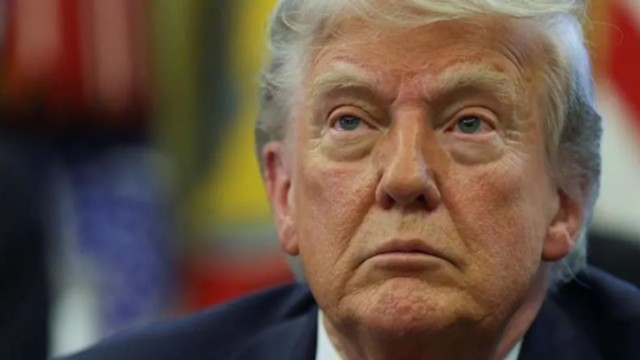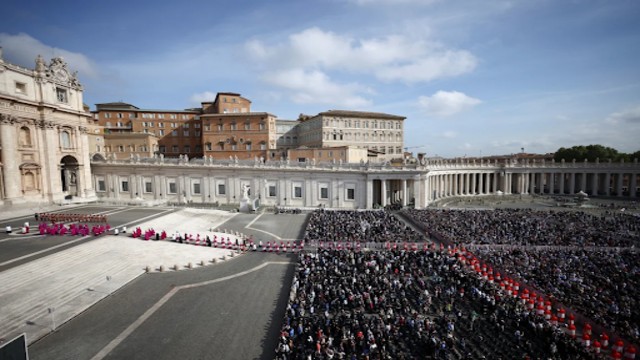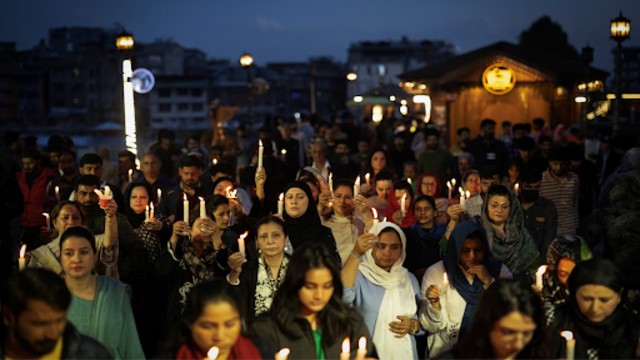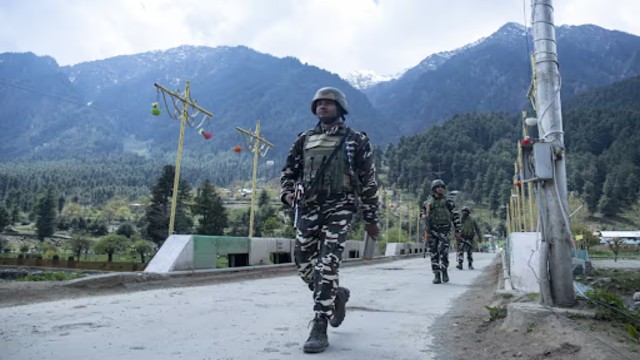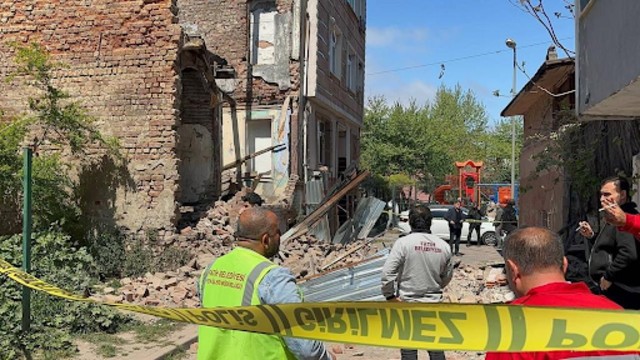
On September 2, 2024, drivers in Jakarta's business district pass by large billboards welcoming Pope Francis. Getty Images
Pope Francis, aged 87 and facing health challenges, has embarked on the longest trip of his papacy. The journey, which began with his arrival in Indonesia, spans 12 days and covers four countries: Papua New Guinea, East Timor, and Singapore. This is the most extensive international travel Francis has undertaken since his election in 2013, totalling approximately 32,814 kilometres (20,000 miles). The trip marks a significant moment for the Catholic Church as it shifts its focus toward Asia.
Upon landing in Jakarta, the pope remarked that the more than 13-hour flight was the longest he had ever experienced. This visit is crucial for Francis to emphasize key themes of his papacy, such as interfaith dialogue and environmental protection. It also highlights a shift within the Church's global focus, recognizing the growing importance of Asian churches.
Francis’ previous foreign travels include visits to South Korea, Japan, the Philippines, Thailand, Myanmar, and Bangladesh. He has also appointed cardinals from the Philippines and South Korea to prominent positions within the Church’s central administration. This demonstrates a move away from a Eurocentric perspective towards a more global Church where regions like Asia, Africa, and Latin America play increasingly significant roles.
“Asia has always been among Francis’ priorities,” stated Father Antonio Spadaro, a Vatican official and close advisor to the pope. He explained that Francis values the vibrancy of the Catholic communities in Asia, even though they are often in the minority. The pope’s aim is to foster dialogue with other religions and to support the common good, especially in a region that represents the future of the world.
During his time in Indonesia, the pope will engage in interfaith activities, including a meeting with religious leaders at the Istiqlal Mosque in Jakarta, the largest mosque in Southeast Asia. He plans to sign an interfaith declaration with the Grand Imam of Indonesia and visit an underpass known as the “tunnel of friendship,” which connects the mosque with a nearby Catholic cathedral.
During his visit from September 2 to 13, Pope Francis will travel 32,814 kilometers (20,390 miles) by air, covering Indonesia, Papua New Guinea, East Timor, and Singapore. AP Photo
Francis will also travel to East Timor, where 97% of the population identifies as Catholic, the highest proportion outside of the Vatican. There, he will encounter a country that has adopted a landmark human fraternity document, signed by both Francis and the Grand Imam of Al-Azhar, Sheikh Ahmed al-Tayeb, as a national text.
This trip highlights the Vatican’s broader strategy of building relations and understanding with Asian countries. The visit comes amid ongoing efforts to rebuild diplomatic relations with China, an officially atheist state with tightly controlled religious practices. The Vatican has faced challenges in this area, but recent improvements in its relationship with Vietnam offer hope for future progress.
Pope Francis’ visit also addresses the pressing issue of climate change, particularly in regions like Papua New Guinea that are vulnerable to rising sea levels and natural disasters. The pope continues to advocate for stronger environmental protection, underscoring the urgency of this global challenge.
Despite his age and health issues, Francis’ ambitious trip is a testament to his dedication and the dynamic nature of his papacy. Travelling with medical support, he is committed to making this extensive journey and sending a powerful message about the vitality of his mission.


